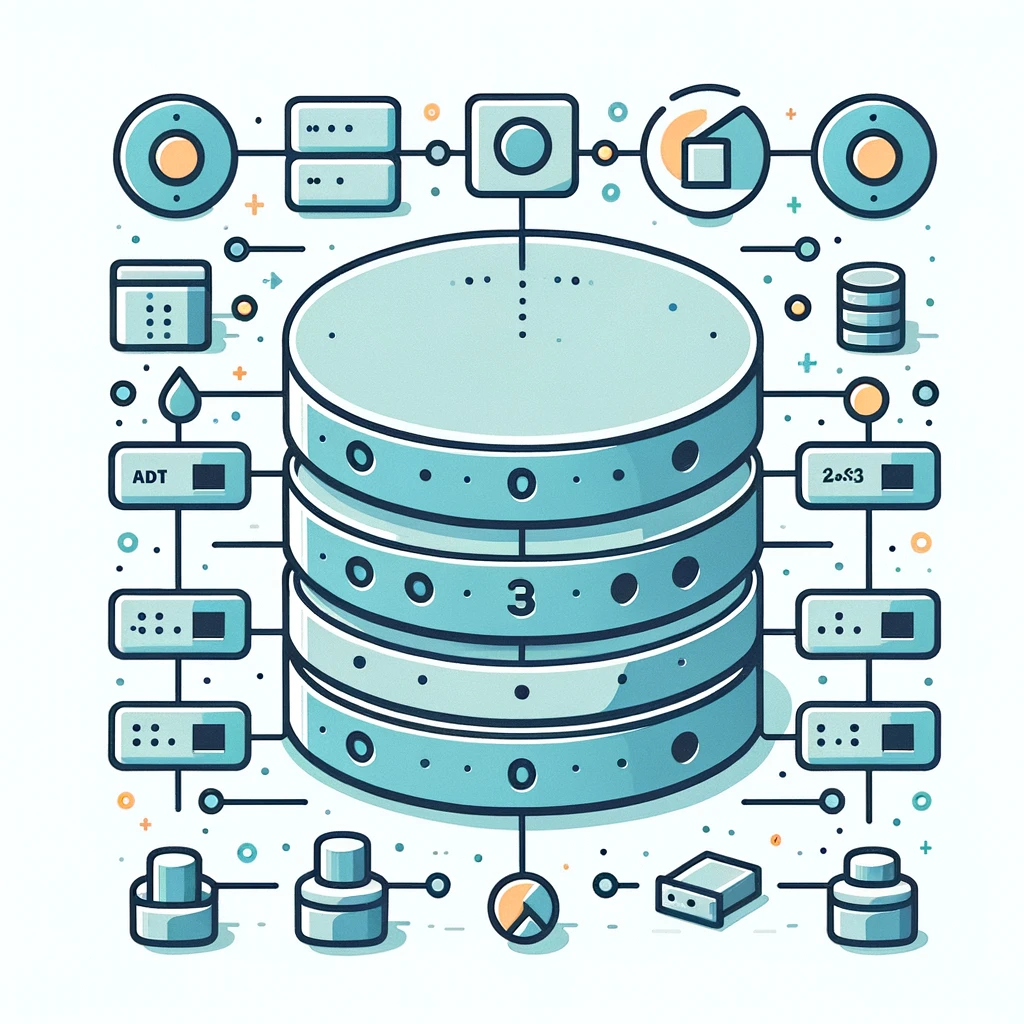What is SQL?
SQL, which stands for Structured Query Language, is a programming language used to manage and manipulate databases. Linked to a variety of databases that are extensively employed worldwide.
Here are the databases that you can effectively manage and control using SQL, detailed with their respective names:
MySQL: An open-source relational database management system.
Mssql: Short for Microsoft SQL Server, a comprehensive database server by Microsoft.
Microsoft SQL Server: A relational database management system developed by Microsoft.
Oracle: A multi-model database management system primarily known for its advanced relational capabilities.
IBM Database 2 (IBM DB2): A family of data management products, including database servers, developed by IBM.
PostgreSQL: An open-source relational database management system known for its robustness and flexibility.
Sybase: Originally a relational database system, now part of SAP as SAP ASE (Adaptive Server Enterprise).
What are the benefits of SQL?
SQL is widely accepted as the standard language for RDBMS. This standardization allows consistency in database querying and manipulation across various database systems. SQL provides data manipulation and query tools. It is a system that allows you to perform complex queries, updates, deletions and additions with simple commands. SQL databases are extremely scalable; This means they can effectively handle increases in load and data volume. This is crucial for growing businesses and applications that need to manage more users or data over time.
Additionally, SQL provides robust data security features. Administrators can define and control access to the database and specific data through permissions and roles, thereby improving data integrity and security. Finally, given its long history and widespread use, SQL has a large community of developers and experts. This community provides a broad resource for learning, troubleshooting, and improving SQL skills and systems.
Conclusion
SQL is a crucial tool for data management and analysis, offering numerous benefits that make it indispensable for businesses worldwide. From simple data retrieval and manipulation to comprehensive security features, SQL Server ensures a dependable solution for handling data.
